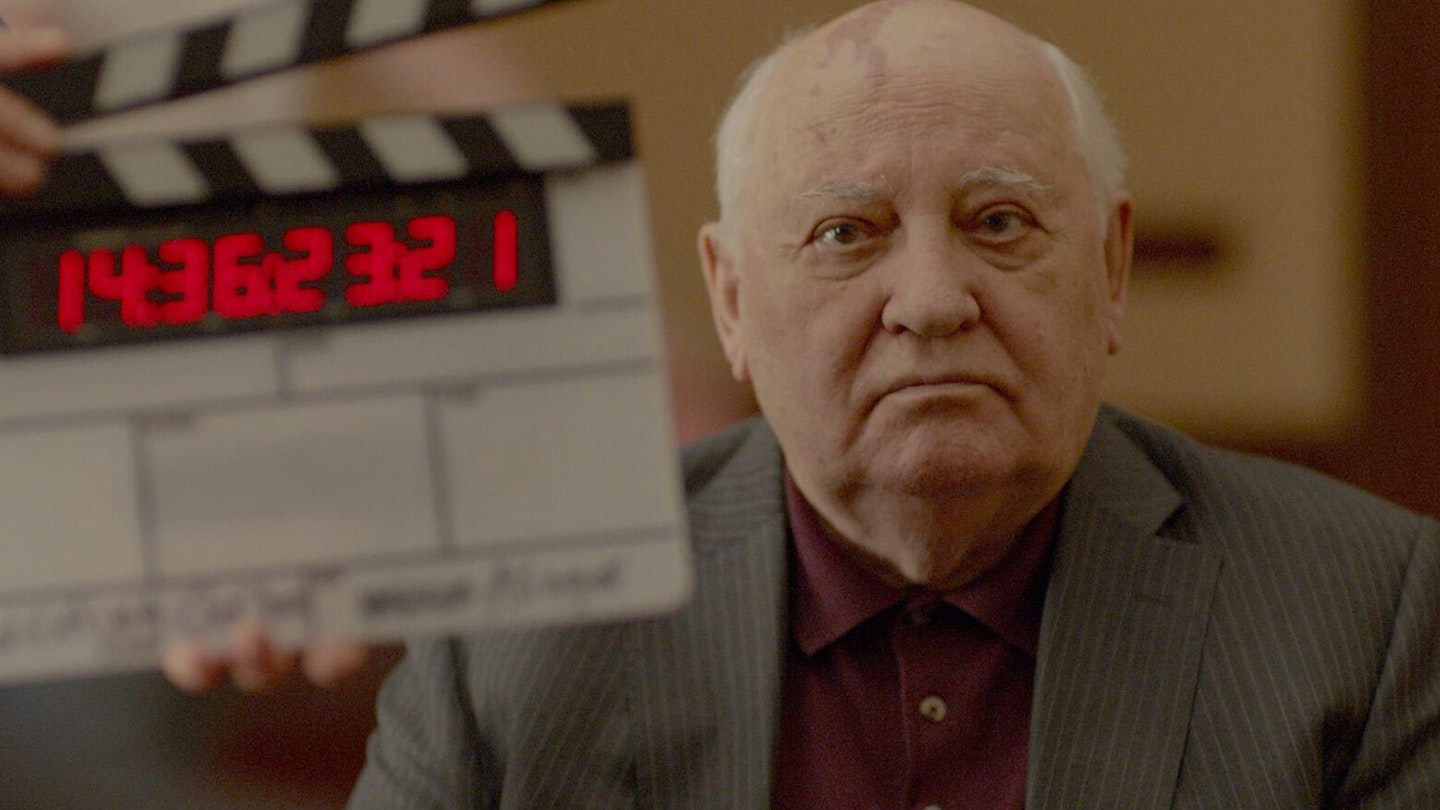Ever since he settled on the documentary as his preferred filmmaking form, idiosyncratic German director Werner Herzog (who co-directs with fellow documentarist André Singer) has chosen an eclectic set of subjects for his films: a man who befriended bears (until they unfriended him); the earliest known cave paintings; people who work in the Antarctic; denizens of death row; volcanologists. So why has he chosen, for the subject of his latest documentary, a former Soviet leader?

Sure, Gorbachev is probably the greatest living politician. He precipitated the end of the Cold War, coaxed Reagan towards nuclear disarmament, and changed East-West relations for the better, largely due to his policies of perestroika and glasnost. But Gorbachev has a special place in the hearts of Germans, because he brought about German reunification. Herzog comes to praise, not to bury.
For all his obvious admiration for the great statesman, Herzog does not shy away from the toughest question.
The structure is prosaic: Herzog sits down with his subject, illustrating their informal chats with archive footage as he discusses Gorbachev's humble beginnings and early life, his path to political power, the Chernobyl disaster, and the events leading up to the collapse of the Soviet Union, the fall of the Berlin Wall, and the humiliating circumstances in which Gorbachev resigned power, paving the way for the rise of Putin and the oligarchs who asset-stripped the country and destroyed any hope of Russian democracy. For all his obvious admiration for the great statesman, Herzog does not shy away from the toughest question of all: did he give up power too easily?
Despite its traditional structure, Herzog cannot dim the glint in his eye, and his keenly-developed sense of humour leads to such sequences as the triptych of funerals of Soviet leaders (Brezhnev, Andropov and Chernenko) that took place in the span of three years; and an Austrian newsreader offering gardening tips before an "and finally..." segment about the fall of the Iron Curtain.
